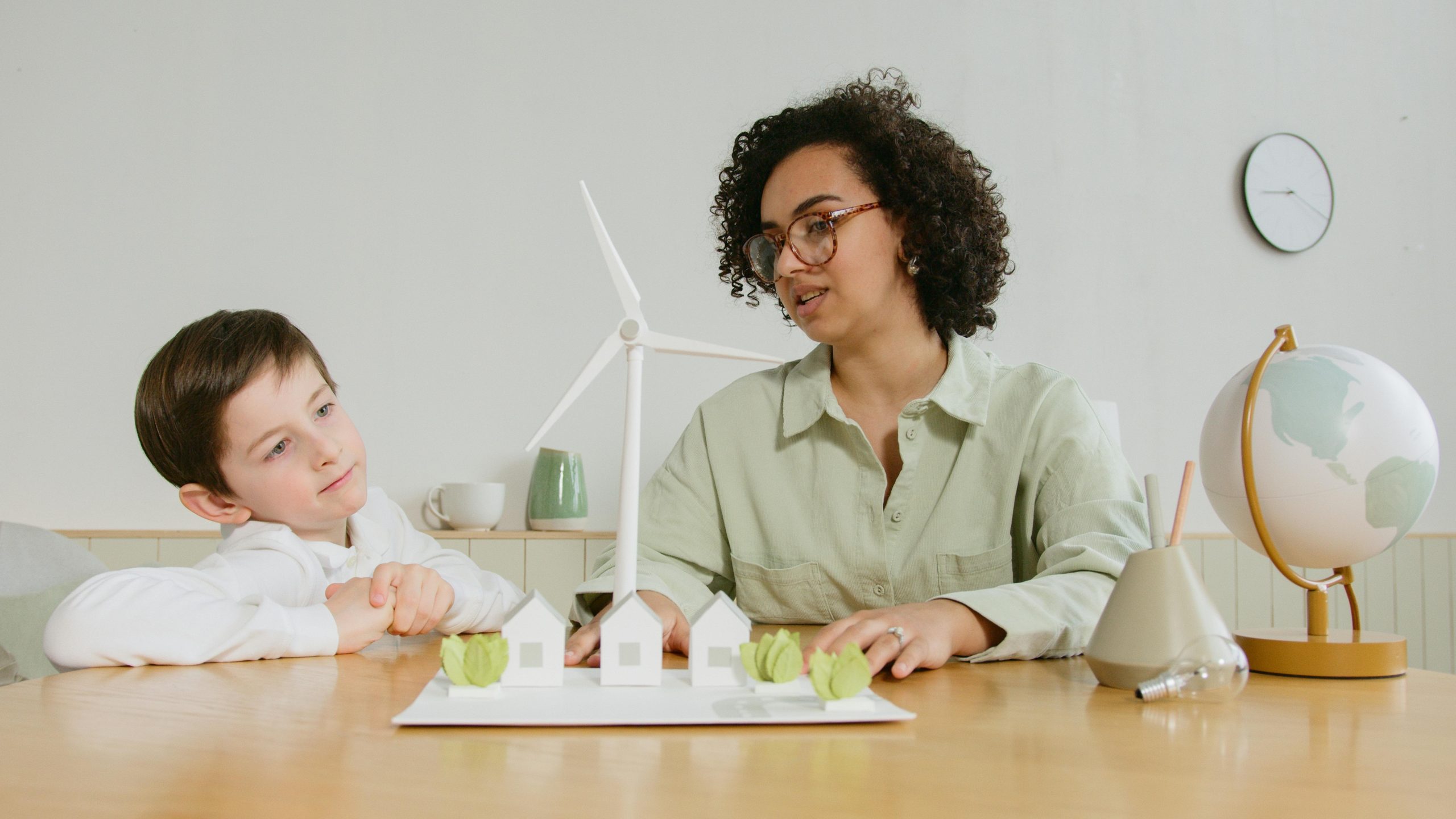Eco-Friendly Schools, Important Provisions to Face Climate Change

Some time ago, the Minister of Primary and Secondary Education (Mendikdasmen) Abdul Mu’ti explored cooperation with the Governor of Jeju Province, South Korea Oh Yung-hun. The two met in a series of the seventh meeting of the Ministers of Education of members of the Asia-Pacific Economic Cooperation (APEC). Minister Mu’ti saw the potential for cooperation related to renewable energy management and waste management within the framework of eco-friendly schools.
The opportunities for cooperation include the use of solar power and other renewable energy to help schools in areas that do not yet have electricity. Minister Mu’ti also conveyed the importance of encouraging waste management in Indonesia. Cooperation related to waste management itself has been carried out with schools in Bontang, East Kalimantan. In line with that, Governor Oh Yung-hun also expressed his interest, especially in developments in the field of renewable energy and energy transition.
The discourse on Eco-Friendly Schools certainly needs to be welcomed. Its implementation is expected to not only be limited to technical aspects – solar power for school electricity – which will help school operations but also how knowledge about environmentally friendly energy is taught to students so that it becomes a provision for them. In addition, the habit of managing waste wisely also needs to be taught and practiced as early as possible, and Eco-Friendly Schools can be the right medium for how green values are applied. As we know, climate change is happening before our eyes, where the future of children is at stake. Therefore, in addition to the mitigation and adaptation efforts that we are currently doing through various approaches, preparing children with environmentally friendly knowledge and practices is no less important and needs to be done.
Written by: Fauzan Ramadhan

